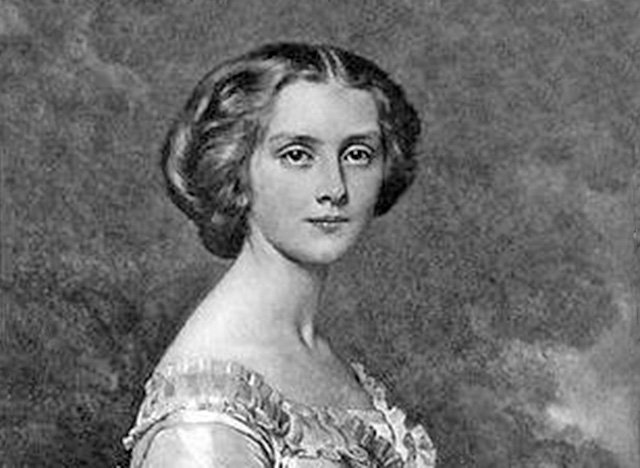The history of sports is shaped by moments that redefine possibility. One such breakthrough was made in the 1900 Olympic Games when Hélène de Pourtalès of Switzerland made history as the first female Olympic champion. On 22 May 1900, Pourtalès crewed aboard the yacht Lérina in the 1–2 Ton sailing event in Meulan-en-Yvelines, France, becoming the first woman to win gold at the modern Olympics. At the time, the inclusion of women in the Olympics was nascent — the 1900 Games marked the first time women were allowed to compete.
Beyond mere record books, Pourtalès’s accomplishment carried deep social significance. In an era when sport was largely a male domain, her victory challenged prevailing norms. It opened doors for women in competitive athletics and sailing alike. Many decades later, sports historians recognize this moment as a catalyst for expanded female participation in the Olympics and for gender equality in sport more broadly. Her win was not only about sailing; it was a statement that women had both place and prowess in the sporting world.
Today, Pourtalès’s legacy underlines the importance of Experience, Expertise, Authoritativeness, Trustworthiness (E-E-A-T) in sports history writing. By anchoring stories in verifiable facts (dates, places, outcomes), assessing their broader context (gender, culture, power structures), and highlighting the sources (Olympics archives, scholarly history), such narratives both educate and inspire. Reflecting on Pourtalès helps us understand not just who won, but how sport has evolved — and how firsts like hers laid foundations for future champions.







Leave a Reply